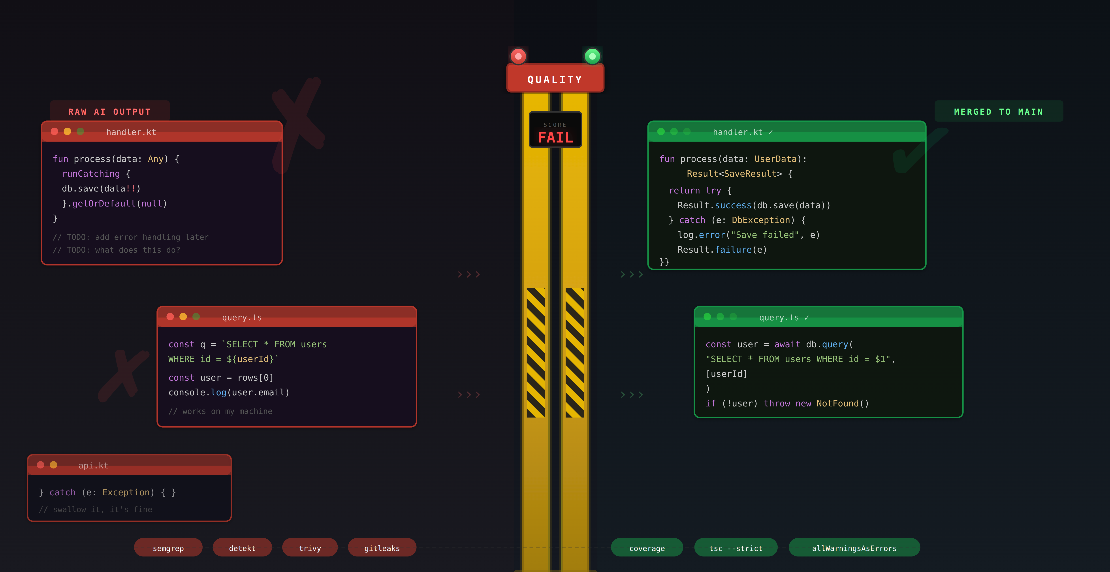We have a massive skills shortage in IT, especially in development. A natural effect of this is that there are many
career changers and, as a result, alternative educational opportunities. These alternatives, mostly YouTube video
courses and other online offerings, are good knowledge brokers but have downsides. Especially in such a knowledge-driven
environment, scientific methods are more important than entertaining course design.
The Content Revolution
First of all, I want to express that I find the information available online a super achievement. I would have loved to
have had these opportunities during my education with YouTube, Udemy, Coursera, and the like. No, of course, I’m not
that old yet. The internet existed, and there was a lot of information available, but in no comparison to today. You
read books about programming languages and frameworks. StackOverflow was emerging. The primary source of information on
libraries and frameworks was the documentation or their source code.
The content revolution changed that. There is not just one but many videos, online training, and courses on every topic.
Much of it is, unfortunately, garbage. That’s the Internet, and it used to be that way. What has changed is the offer,
presentation in the media, and of course, the acceptance in the industry. Today, many people equate online courses with
academic or practical training, which I find questionable in some cases.
So I need to Study?
No. I don’t believe that a degree is mandatory for a software developer. Also, little knowledge that can actually be
applied in practice is imparted in foundational studies:
“Most graduates cannot program yet”
But, a degree in information science, ICT, or any other engineering science is a school of thought. You learn how to
obtain, validate, evaluate, and adequately use information. Unfortunately, the scientific approach is not taught in any
(or very few) online videos, even though it is the foundation for fact-based learning:
“Most graduates know how to learn programming”
Personally, my studies helped me understand how to learn and use information efficiently. The main asset was not
knowledge, but methodology. I can recommend at least an undergraduate degree (in any science or engineering discipline)
to anyone to take this approach with them.
A Scientific Approach
If you want to learn programming to work with it professionally, start with the basics: The scientific method of work.
Of course, it’s not as much fun as just coding something quickly, but it’s a long-term investment in your future and
everything you learn.
“Because some guy on YouTube said so” is not an argument!
For this very reason: Research information from different
sources of various authors. Learning videos are good, but only the beginning. Study the material, and look for criticism
of the methods you have learned. Try them out. Read documentation and code. Check and question statements made and
validate if a specific content actually contributes to solving the problem you want to solve. Lastly, don’t use or even
introduce technology, just because it’s cool. The latter is, in my personal opinion, a bold issue in many development
teams.
Final Thoughts
I thought about linking a pragmatic YouTube video about the scientific method for a long time. There are many excellent
videos about it. But I decided not to link one directly but let you do your own research instead. For reference purposes,
however, here is the Wikipedia article on the subject:
Scientific method on Wikipedia.com
Don’t be a blind follower, and above all, don’t help spread false or insufficient information.



